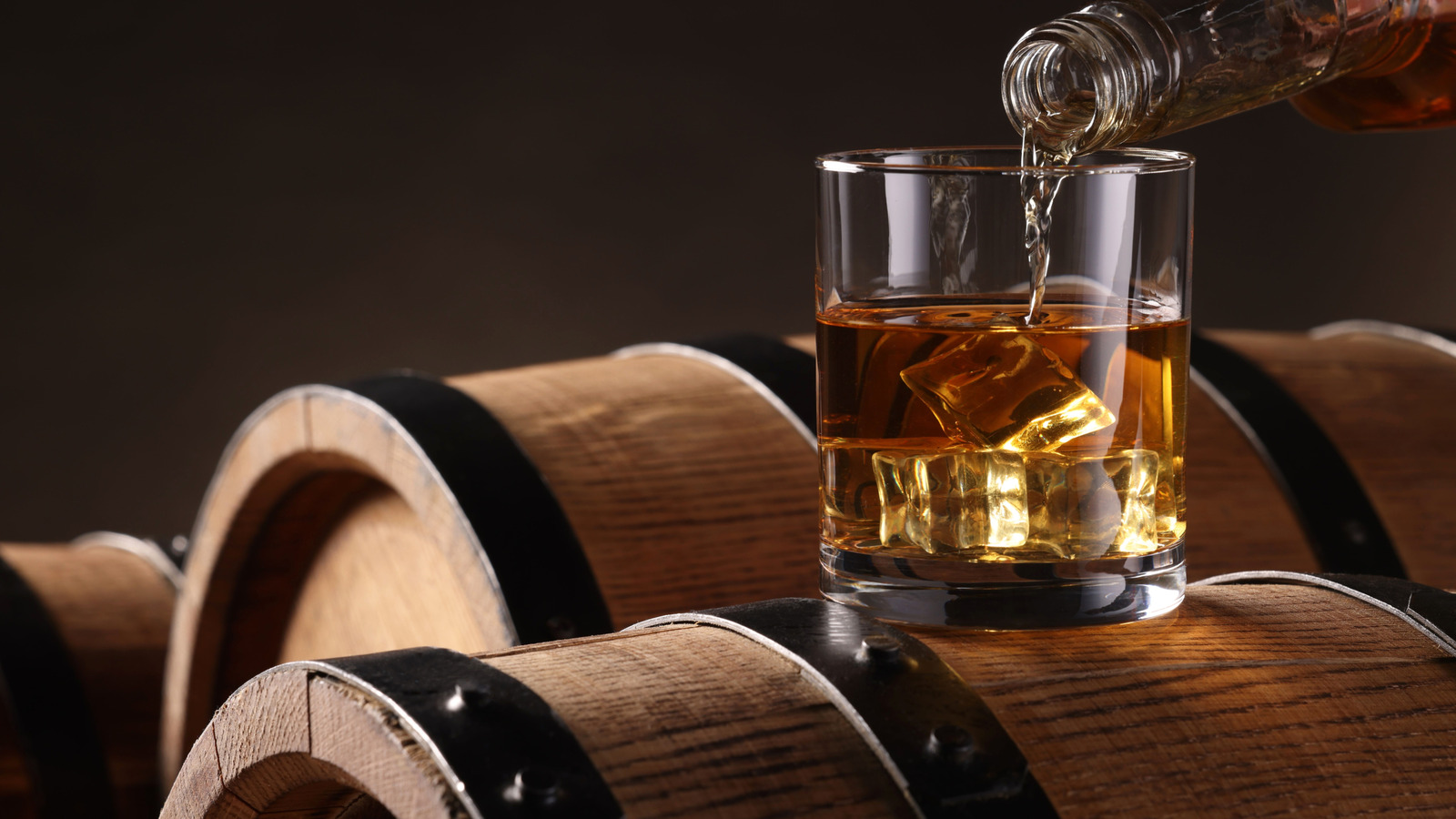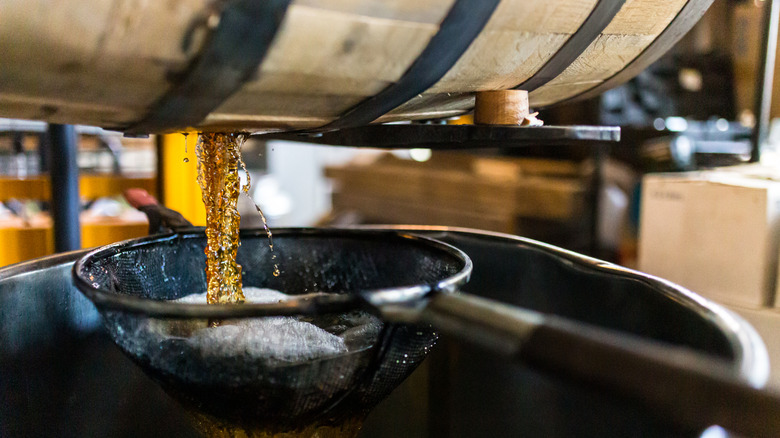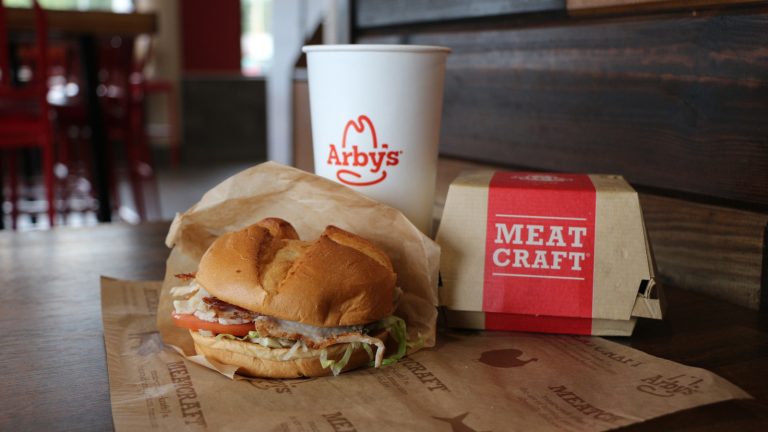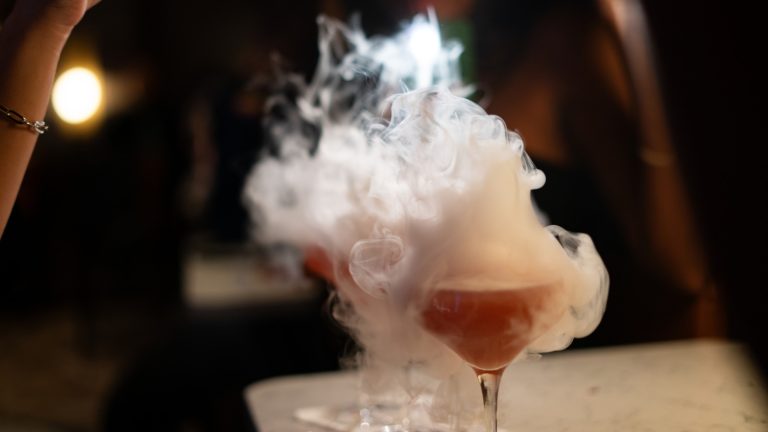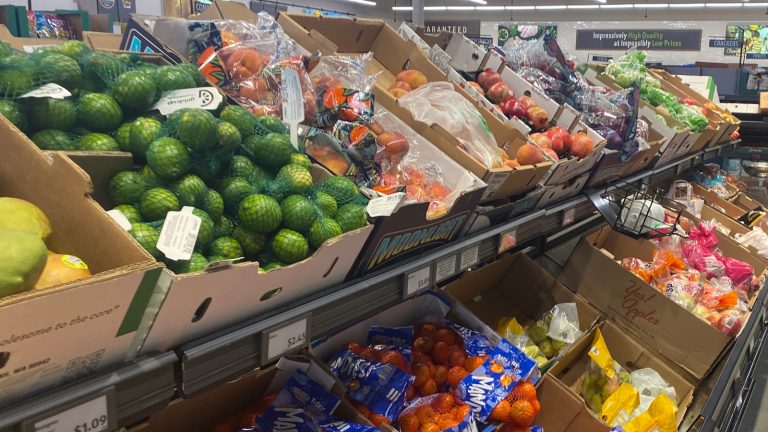Listening to whiskey fanatics wax poetic about their favorite tipple can feel as if you’ve stumbled across an entirely new language. But don’t worry — we’re here to save you from the beginner’s mistake of mixing up “single barrel bourbon” with “small batch bourbon,” or god forbid, calling bourbon “smooth.” We also quickly touch on the definition of bourbon, to save you from the embarrassment of thinking it’s just another word for whiskey. Yes, bourbon is a type of whiskey, but it’s made up mostly of corn, and is made exclusively in America. After the bourbon is distilled, it enters a crucial stage: aging in wooden barrels. This is where the spirit develops its trademark oaky flavors and rich amber hue.
“Single barrel” simply means the bourbon has been bottled directly from one specific barrel, without anything being blended or mixed. During the aging process, whiskey absorbs flavors like vanilla, spice, and oak, and because every barrel ages a little differently, the resulting flavor profile is utterly individual.
On the other hand, “small batch” bourbon is whiskey that has been made from multiple barrels. While “single barrel” is a regulated term, “small batch” isn’t legally defined, meaning this could be as little as two barrels, or as many as 10,000 barrels — not so “small” after all. Due to this, buyers can’t really make judgements on quality based on this term alone. For instance, while Maker’s Mark blends just 19 barrels, Heaven Hill’s Elijah Craig uses around 200 barrels per batch.
Which type of bourbon is more expensive?
Consistency is everything when it comes to keeping loyal drinkers in high spirits, and whiskey producers know it. Blending multiple barrels allows small batch producers to deliver a uniform flavor profile for bottle after bottle of bourbon.
Most distilleries employ teams of tasters and blenders who carefully sample and select which barrels should be used to match the brand’s flavor standards. We think drinking whiskey all day sounds like a dream job, but it’s serious business too: by drawing from a larger pool of whiskey, they’re better equipped to maintain consistent quality.
Single barrel bourbons, on the other hand, tend to come with a higher price tag. That’s partly because each one is a one-of-a-kind release with a unique flavor, and partly because these bottles are often selected from a distillery’s most prized casks. Their rarity and exclusivity are what make them a standout for collectors and enthusiasts alike.


